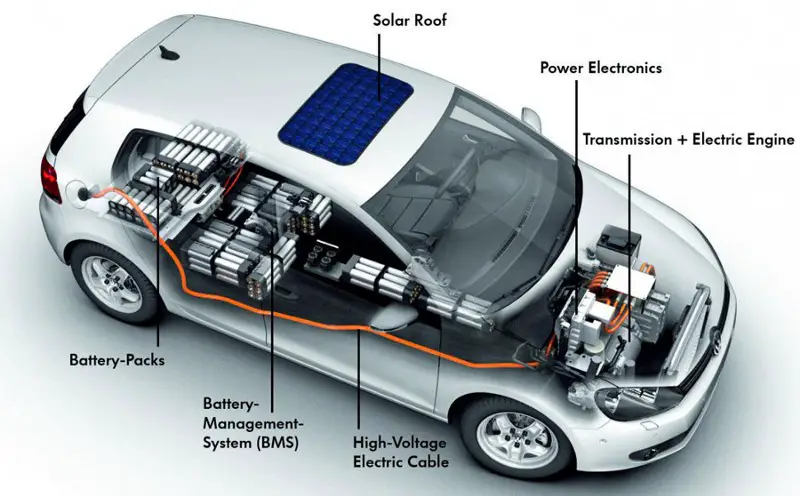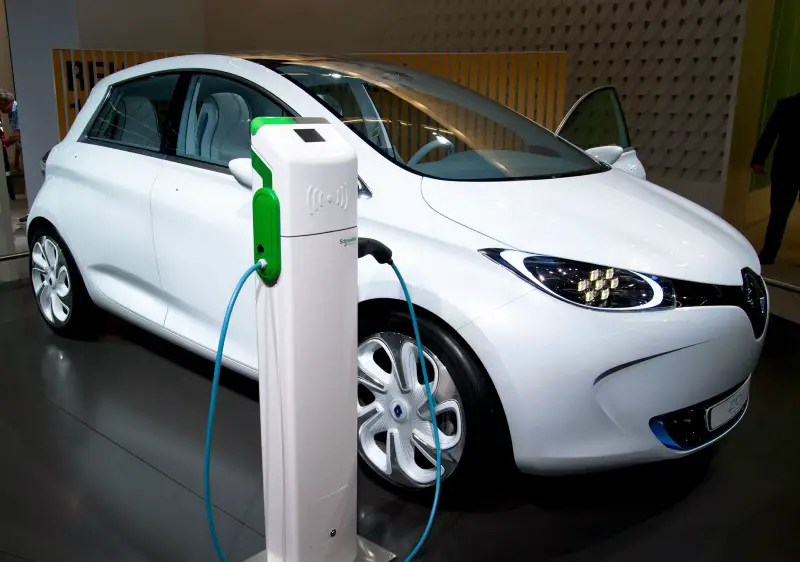3 Upcoming Technologies For EVs
Million of electric cars are on the roads every day. There is a need for improvement in the technology for more people to adapt or move to…


Million of electric cars are on the roads every day. There is a need for improvement in the technology for more people to adapt or move to pure electric cars.
Storage for renewable energy is an important aspect to talk about the same as the range for an electric car has become popular and is a top priority similar charging time as well. In fact, it is quite possible that charging times will overtake range in terms of importance soon. If you can charge your EV in five minutes, it becomes less of a worry whether its range is 200 or 250 miles, all driven in the city.
Here are some of the top 3 innovation technologies for EVs
1. Wireless charging
Wireless charging for EVs works on the same principle as wireless charging for smartphones: magnetic induction. It involves two pads — one on the car and one on the floor of the garage or parking lot — that need to be aligned so charging will begin. It can be done at speeds of 3.3 kW, 6.6 kW, or 20 kW. Now, this may not be particularly fast, but speed is not the point. Convenience is. You leave the car in the garage and it charges overnight with no need to monitor the process.
Wireless charging sounds pretty cool, but it will be a while until it becomes standard practice thanks to competing for technology and the race for faster and faster charging times.
2. The 3-Minute Charge
The fastest charge is 3 minutes which was developed by Porsche and BMW. The 3 minutes is their charge time that can supply an EV with 62 miles. It works with a capacity of 450 kW, which is three times the capacity of Tesla’s Supercharger, but there is one small problem. Current EVs cannot take this kind of power, so the tech was tested on specially developed vehicles. These recharged to 80 percent in 15 minutes.
One would think it’s a little inconvenient to have chargers that cannot work with the EVs that need recharging, but once the charging tech is there, future EVs will be developed in such a way as to be able to take the power of the charger. Affordability, of course, is a whole other topic.

3.Vehicle-to-Grid Tech
While we wait for EVs capable of taking a charge at 450 kW, other companies are working on vehicle-to-grid technology. Imagine millions of EVs that charge from the grid when there is excess output and release back unused juice to the grid at peak hours. Also, many believe that car batteries can be used as household battery packs, collecting and storing power from renewable installations.
This prevents overload on the grid in case too many people are charging their EVs at the same time, which tends to happen during peak electricity demand periods. Smart charging systems simply stop charging vehicles when peak demand is reached to avoid overload.
While range anxiety is a real problem and fast charging times are the solution, safety concerns should not be underestimated either. The EVs companies should come up with successfully tested safety precautions in case of accidents such as fires and also managing the range during the cold times, we know EVs are not so efficient when it comes to wintertime.




